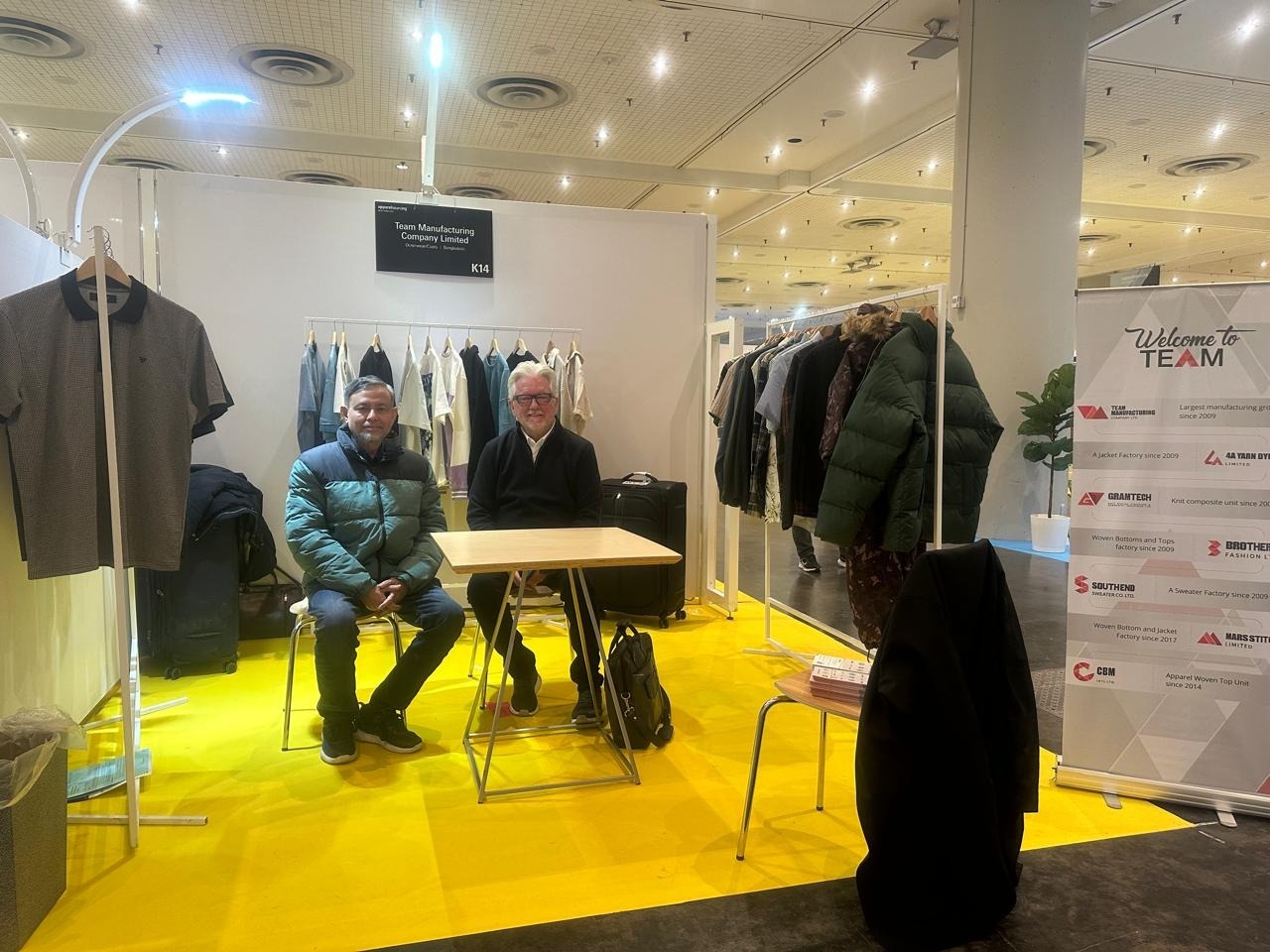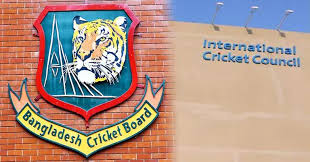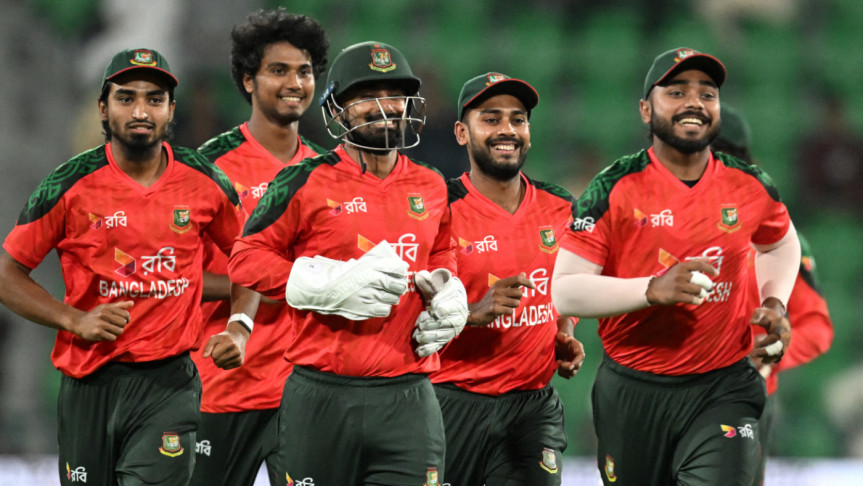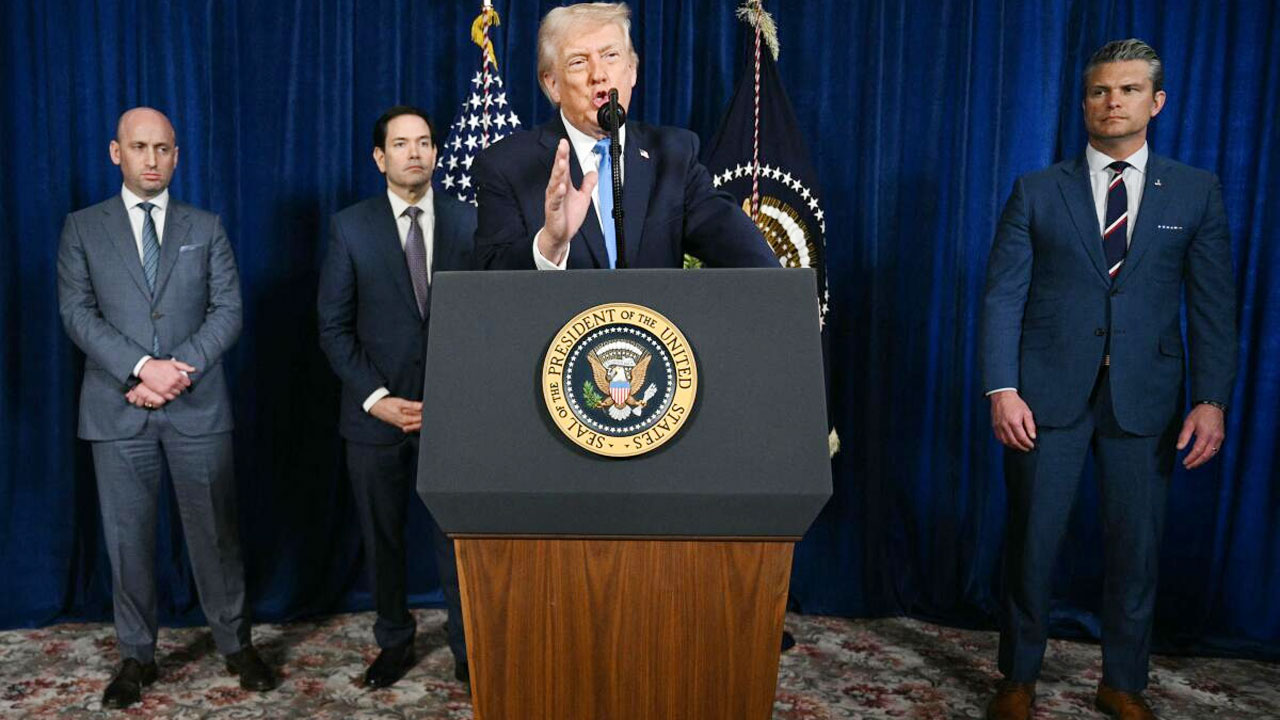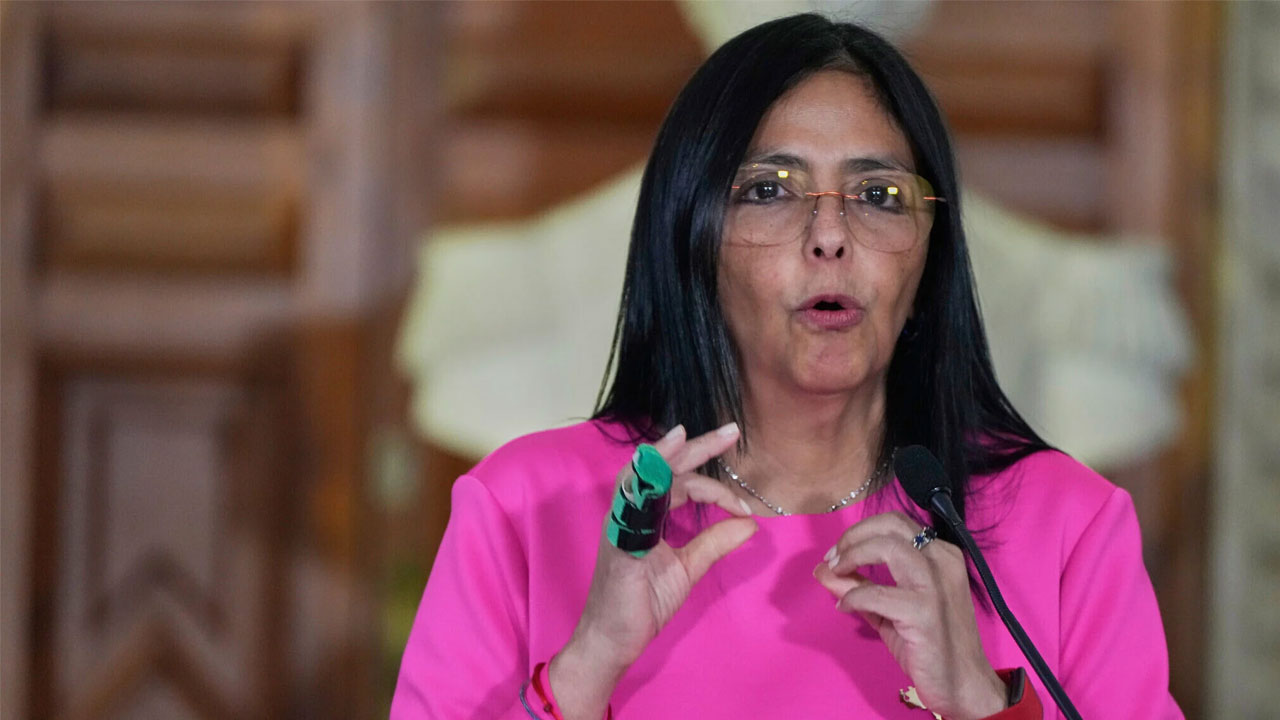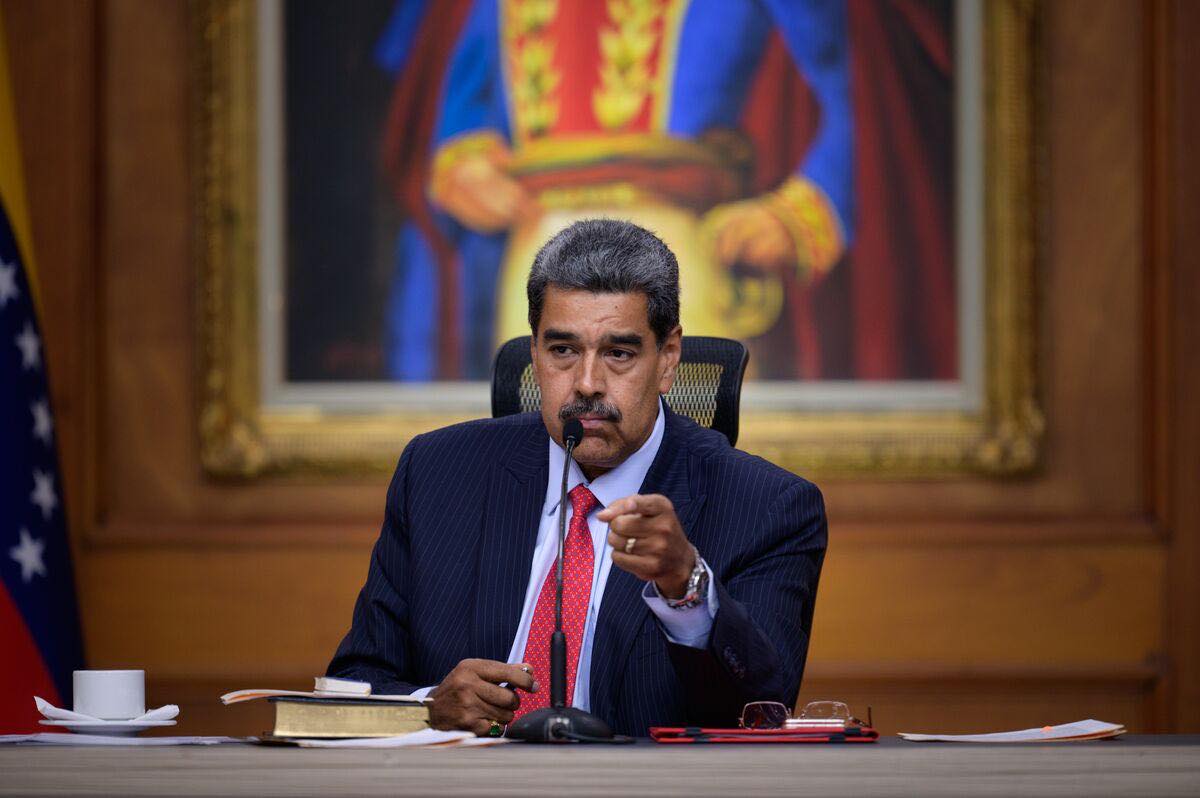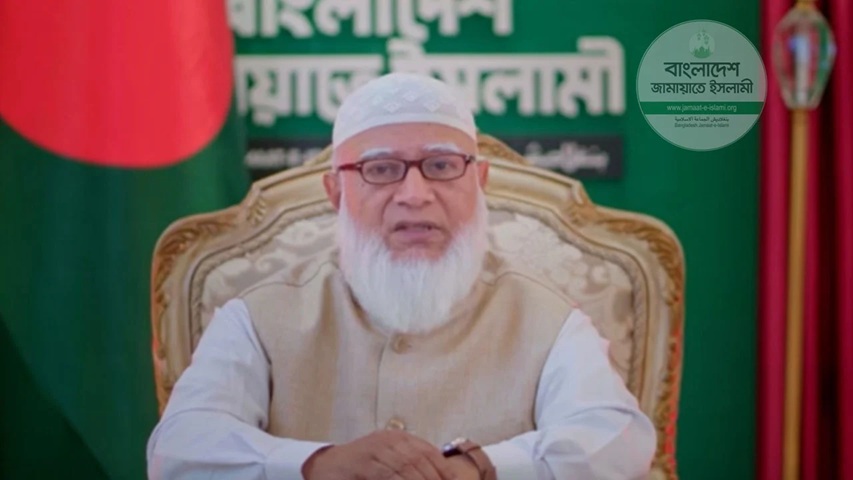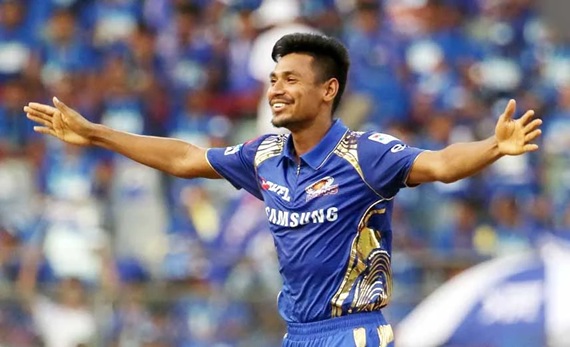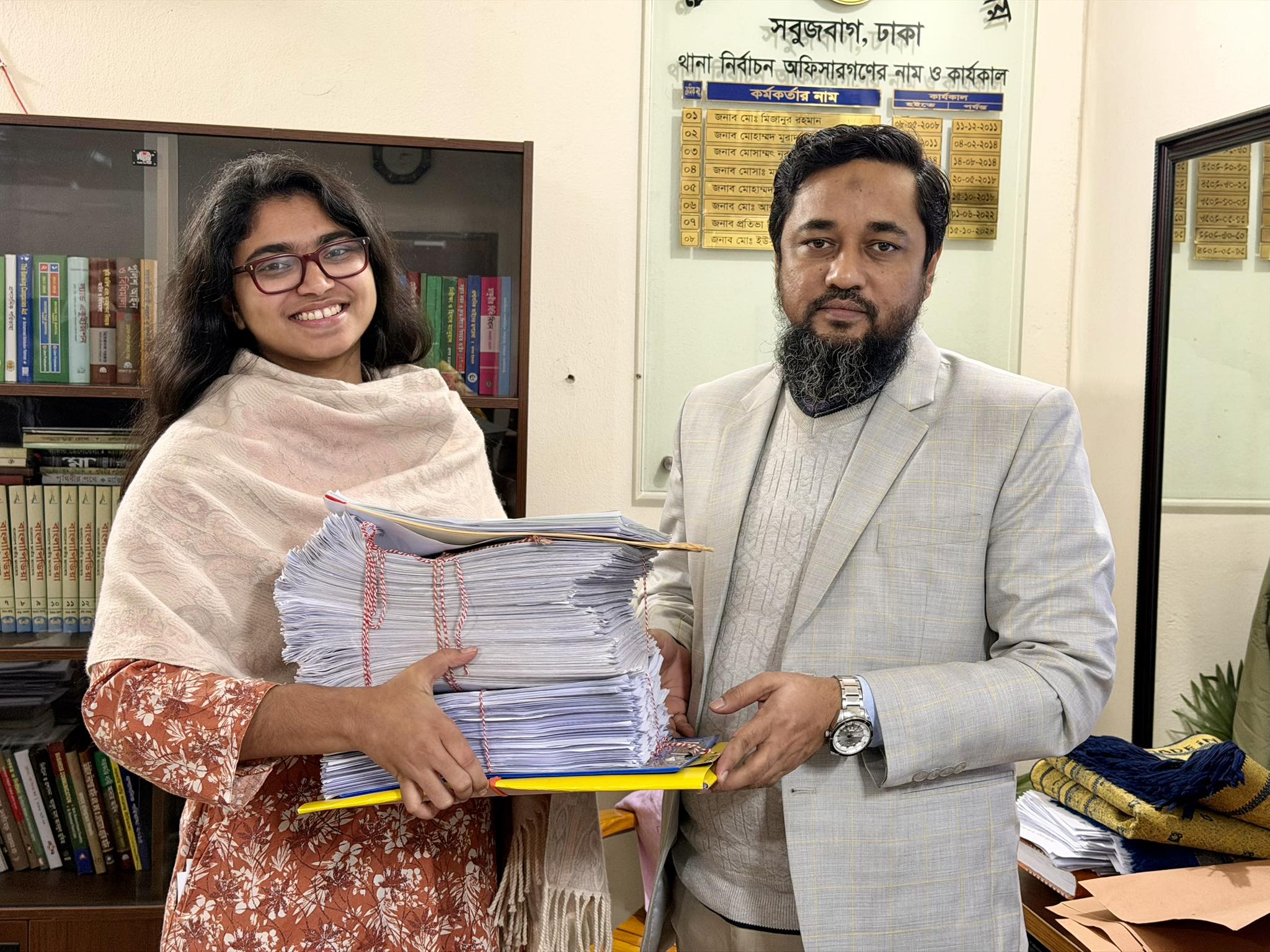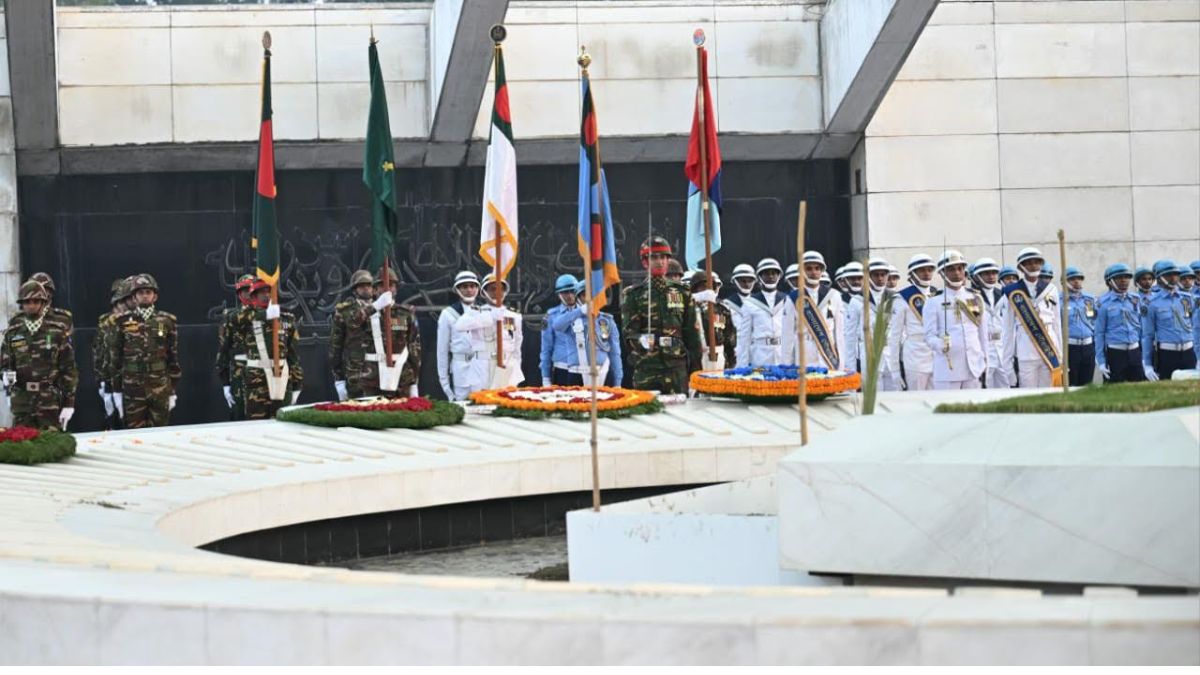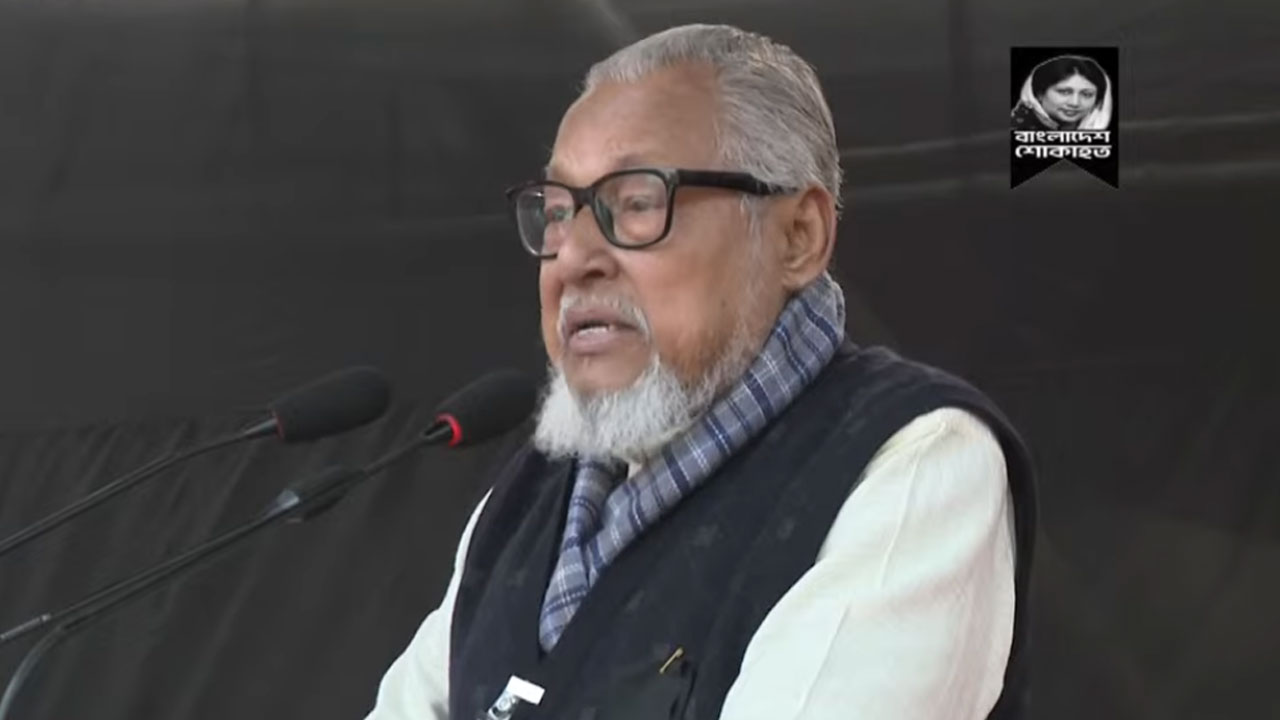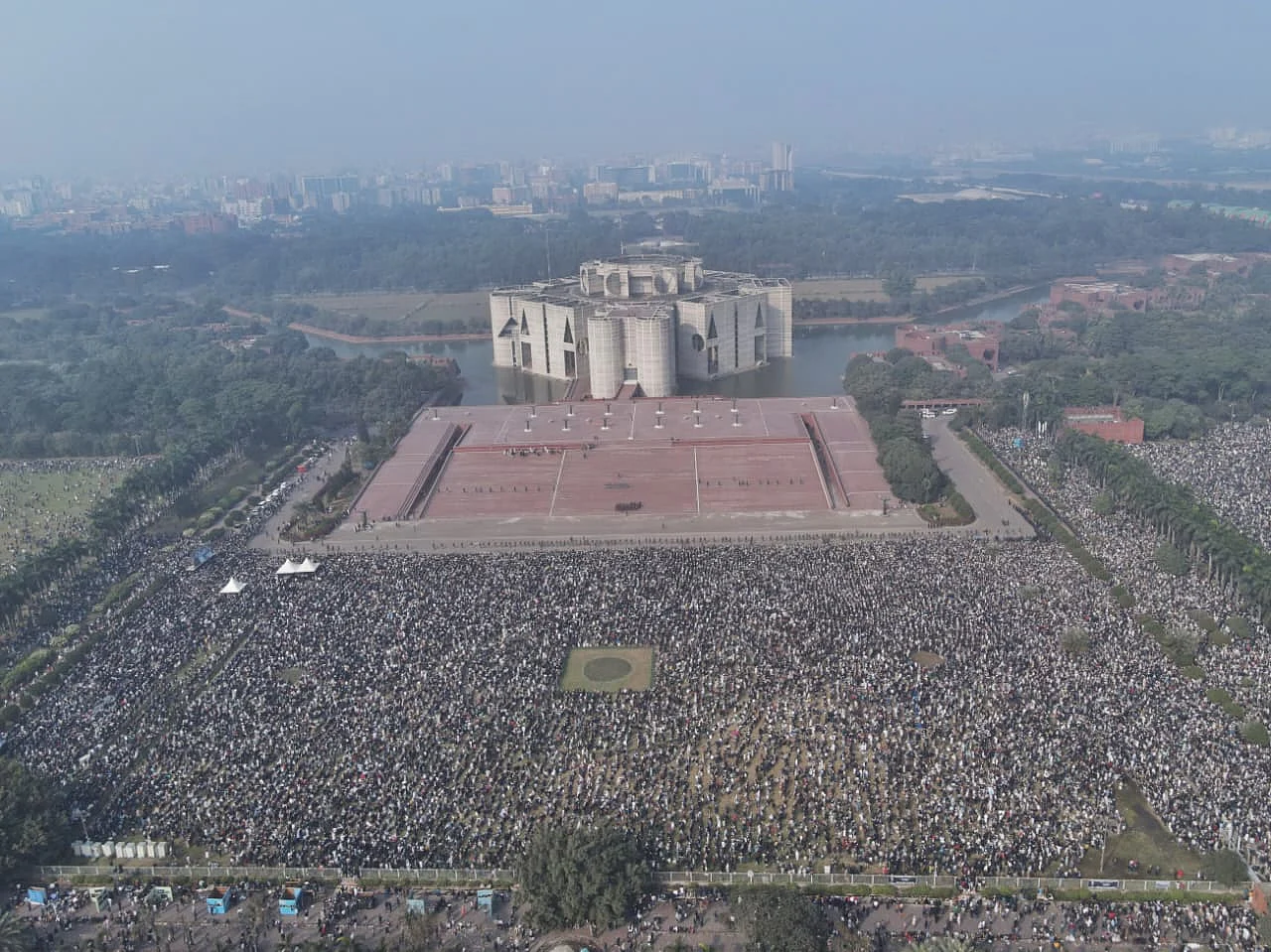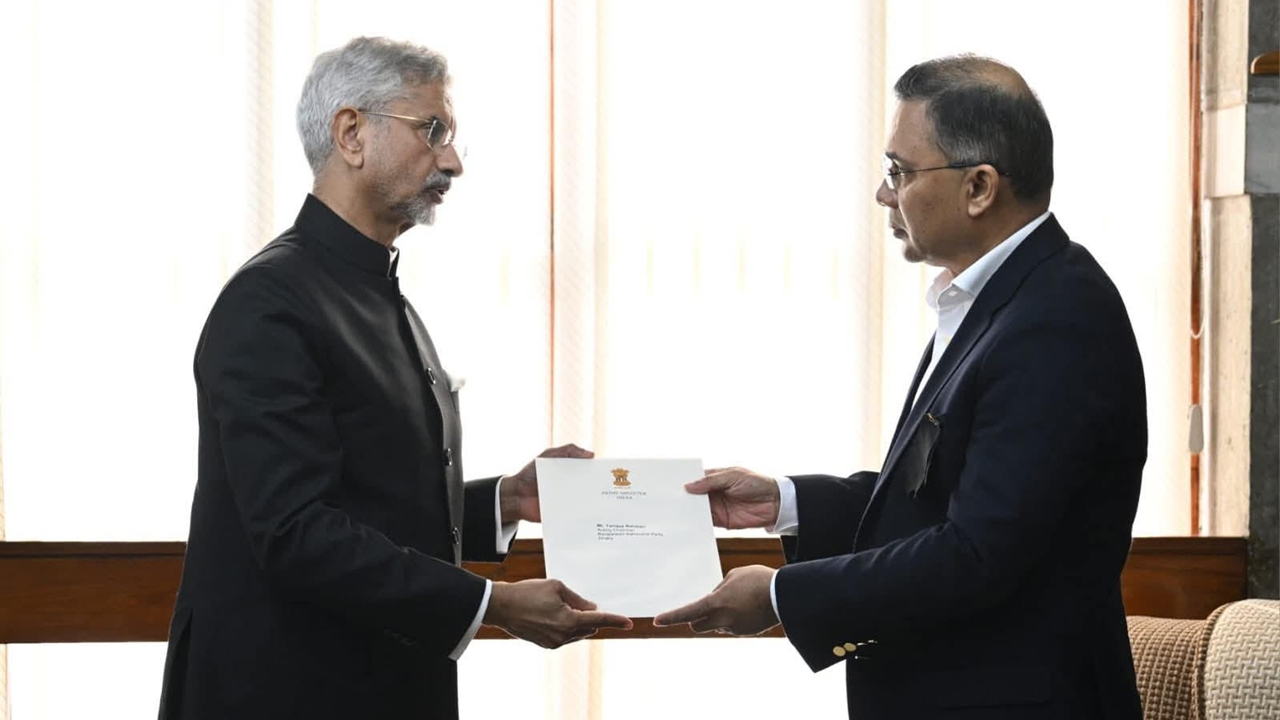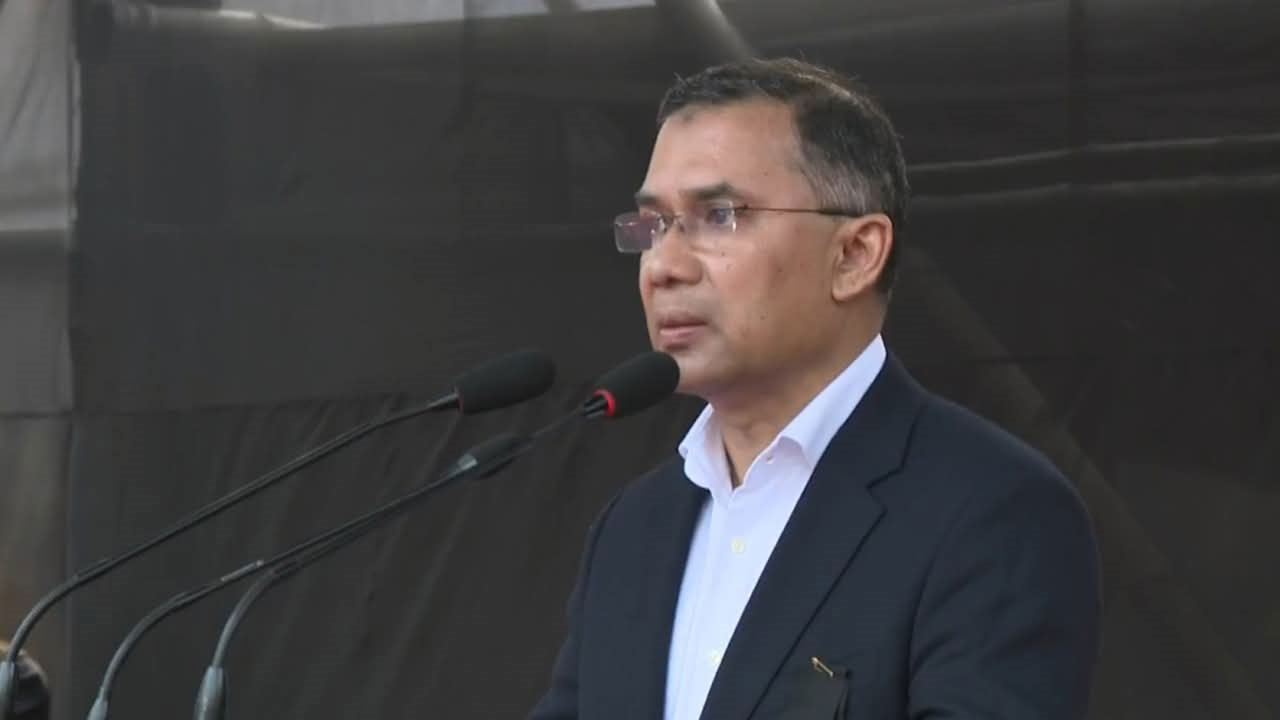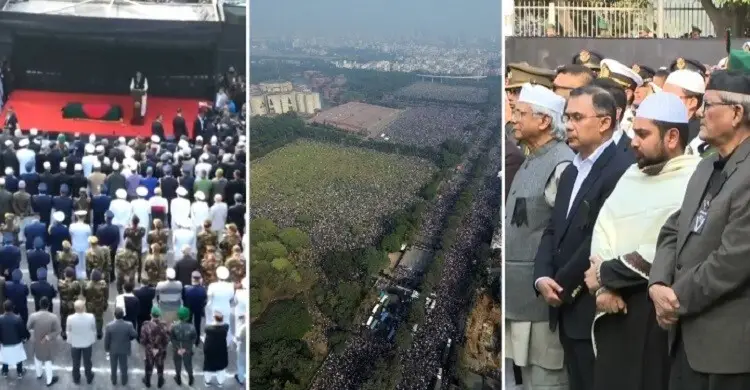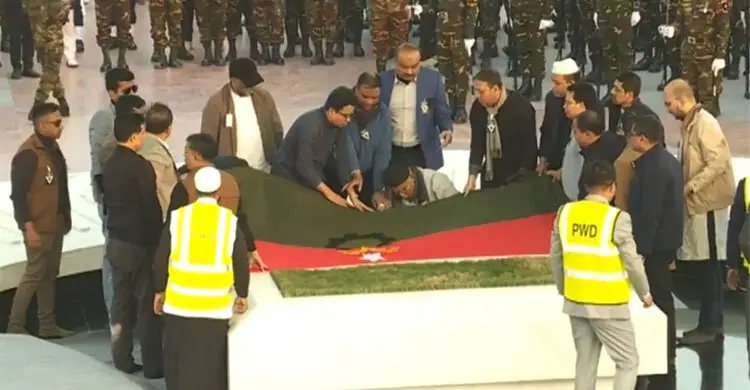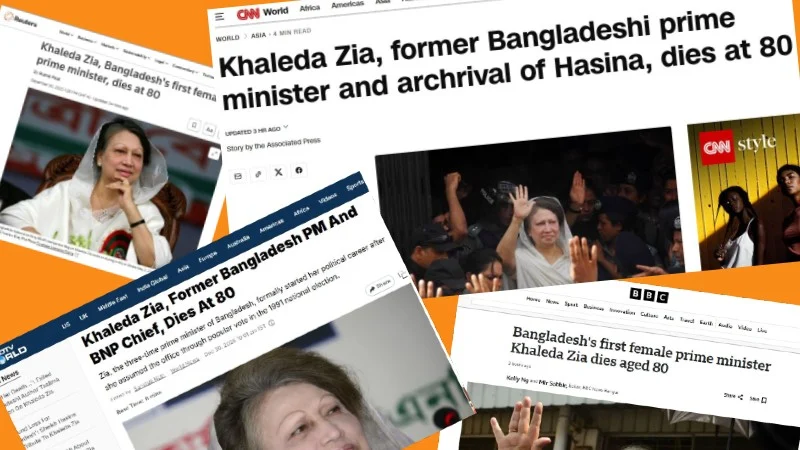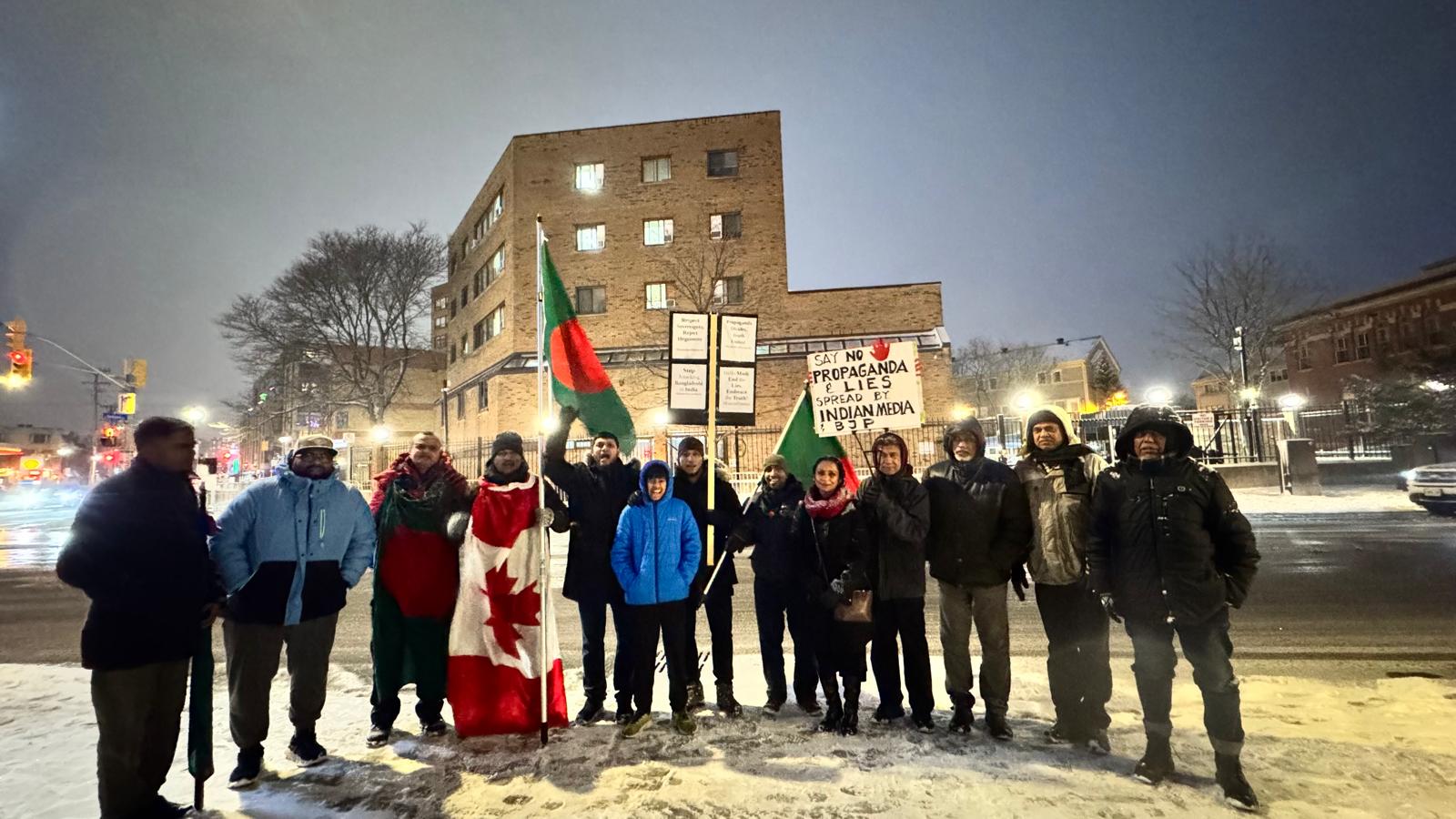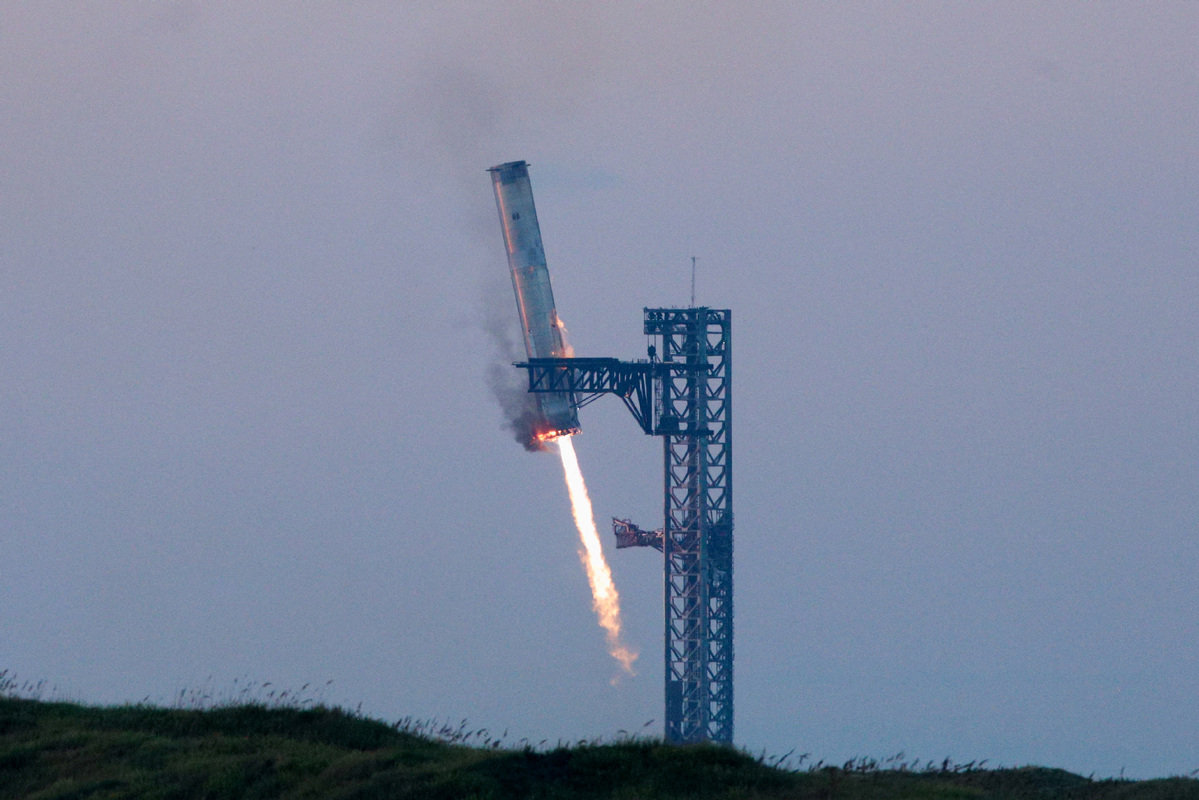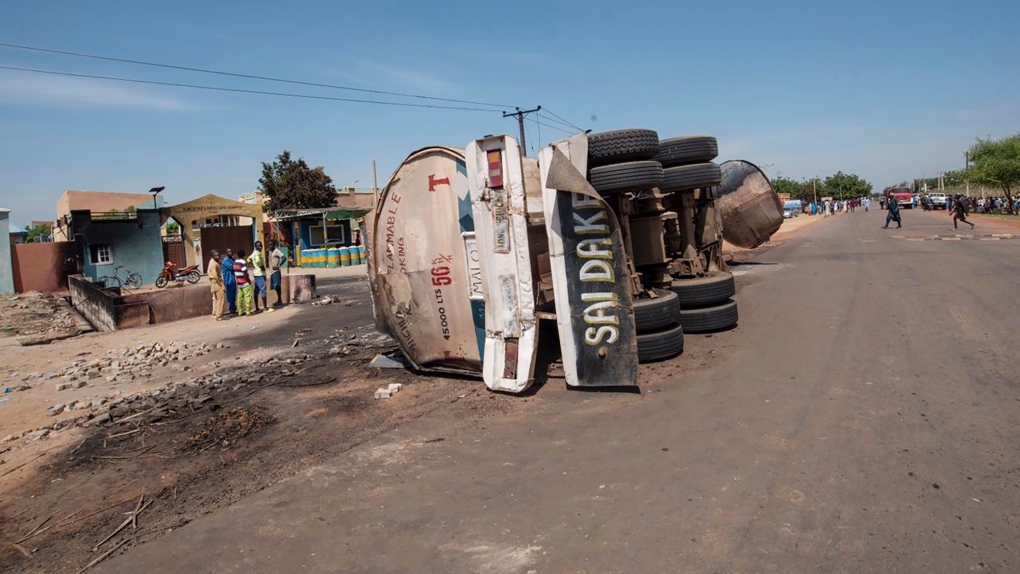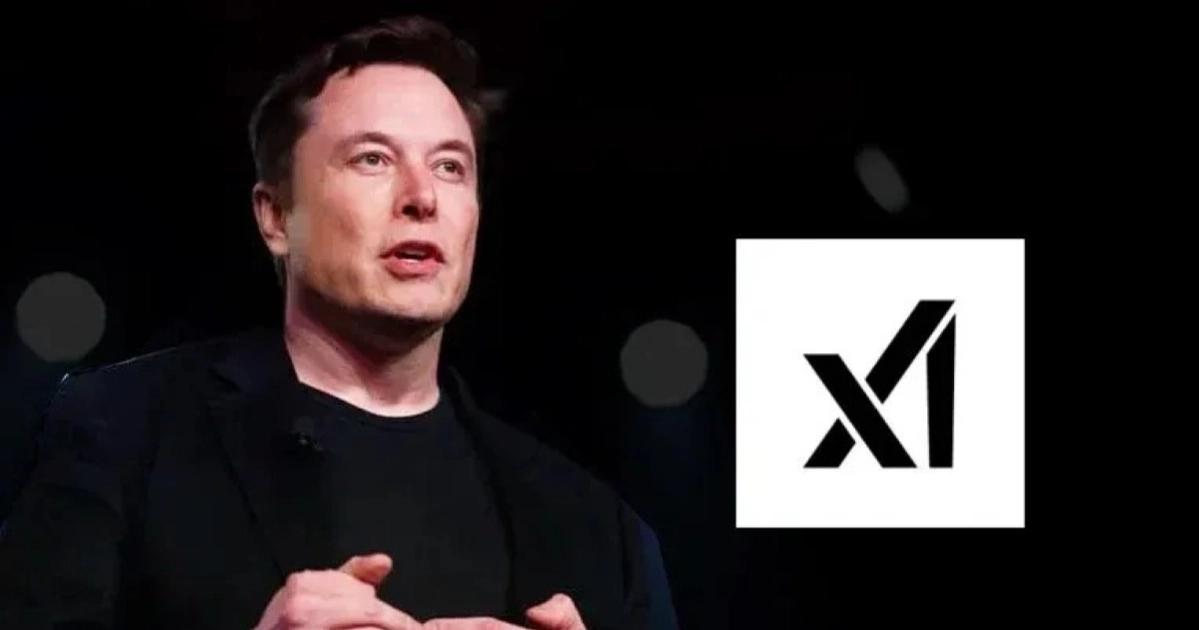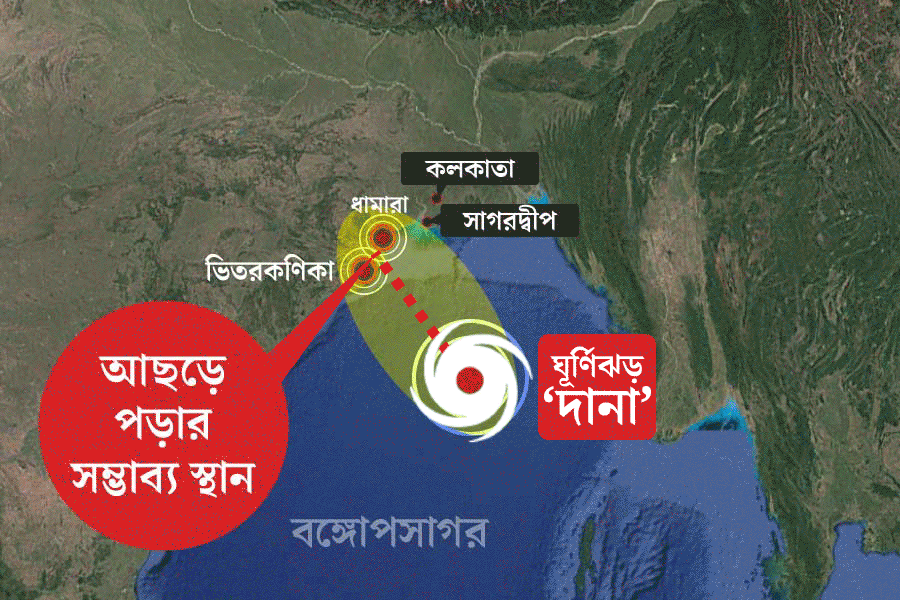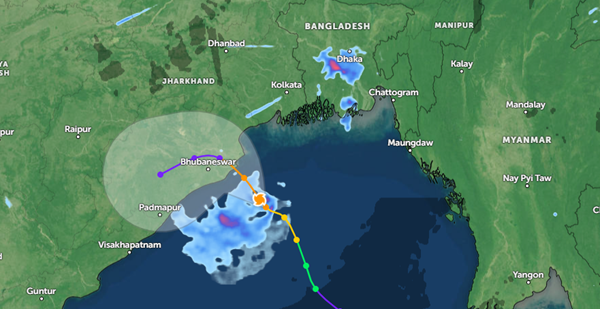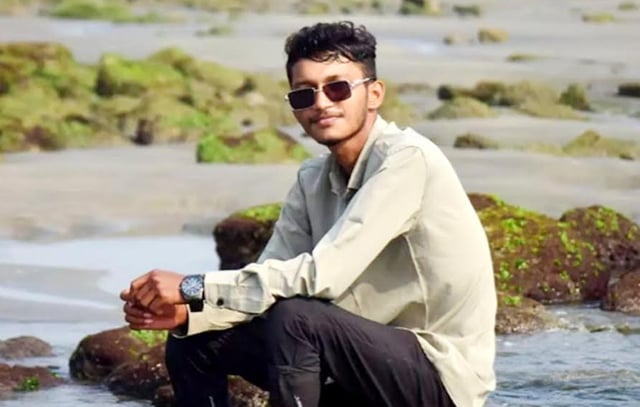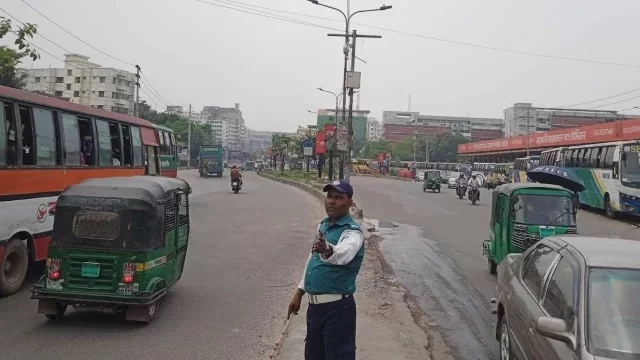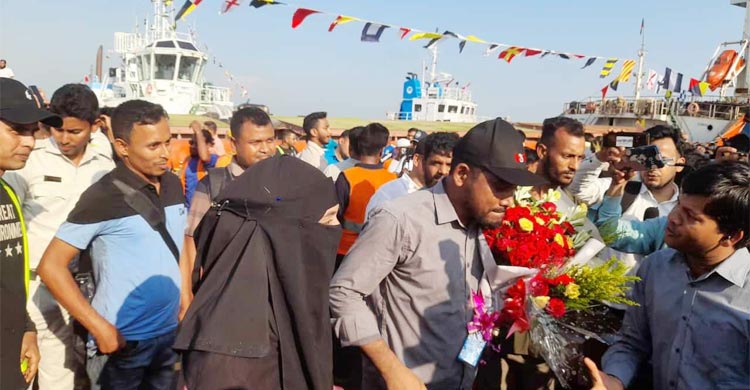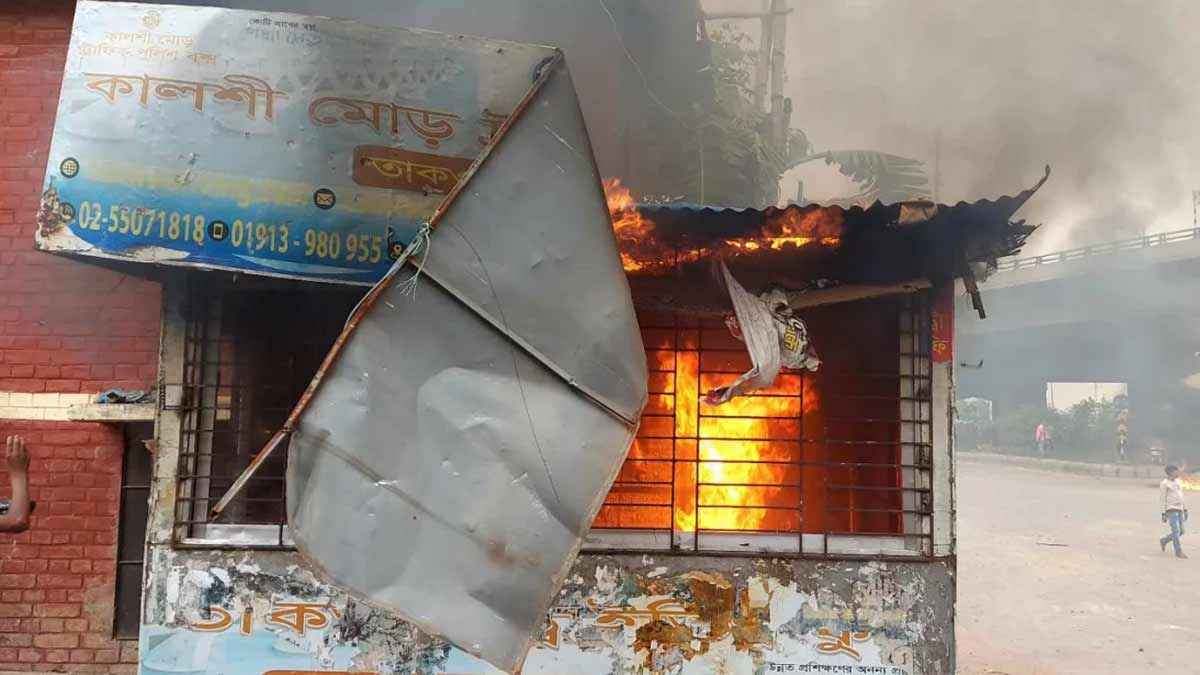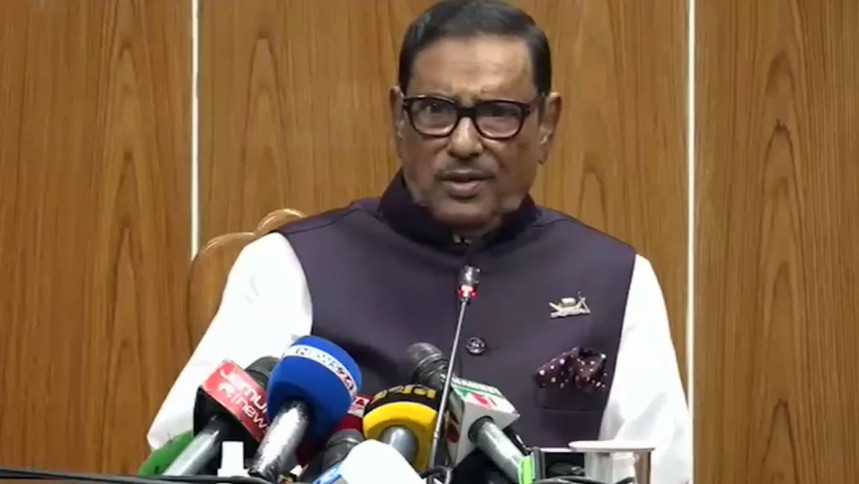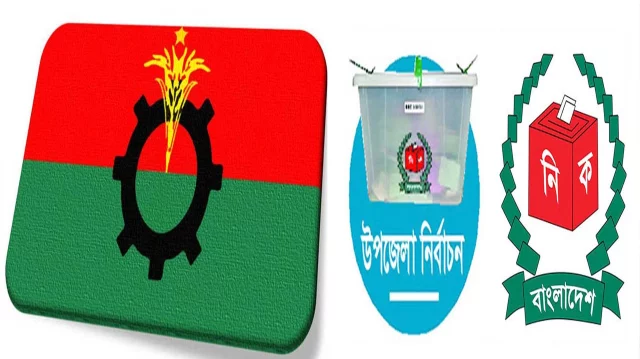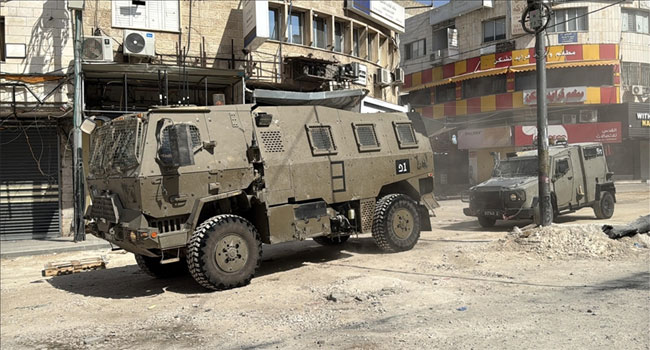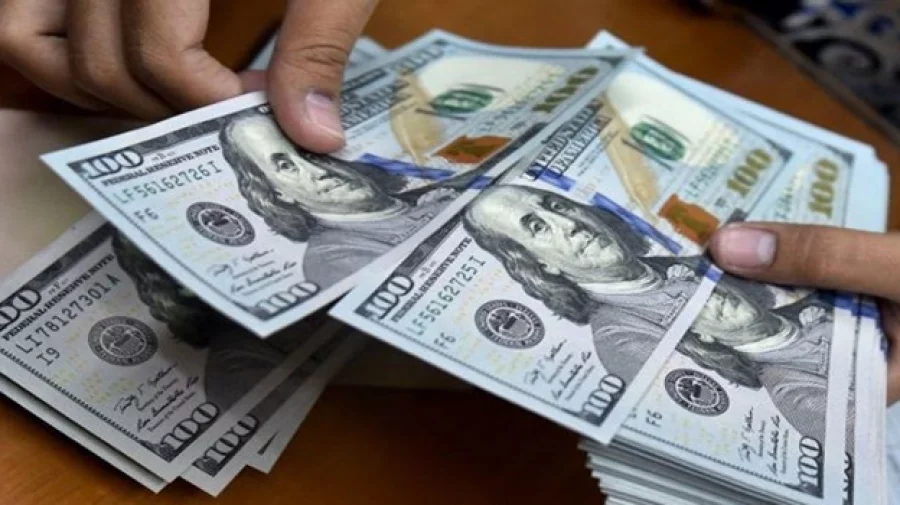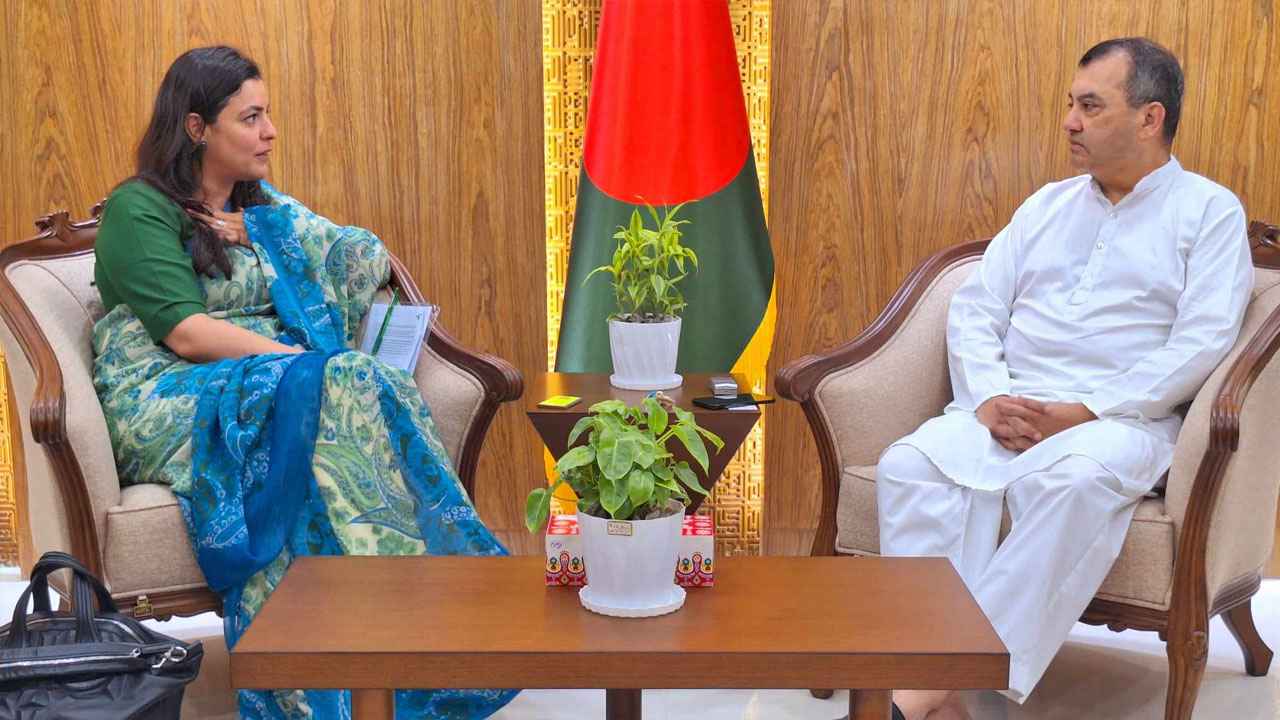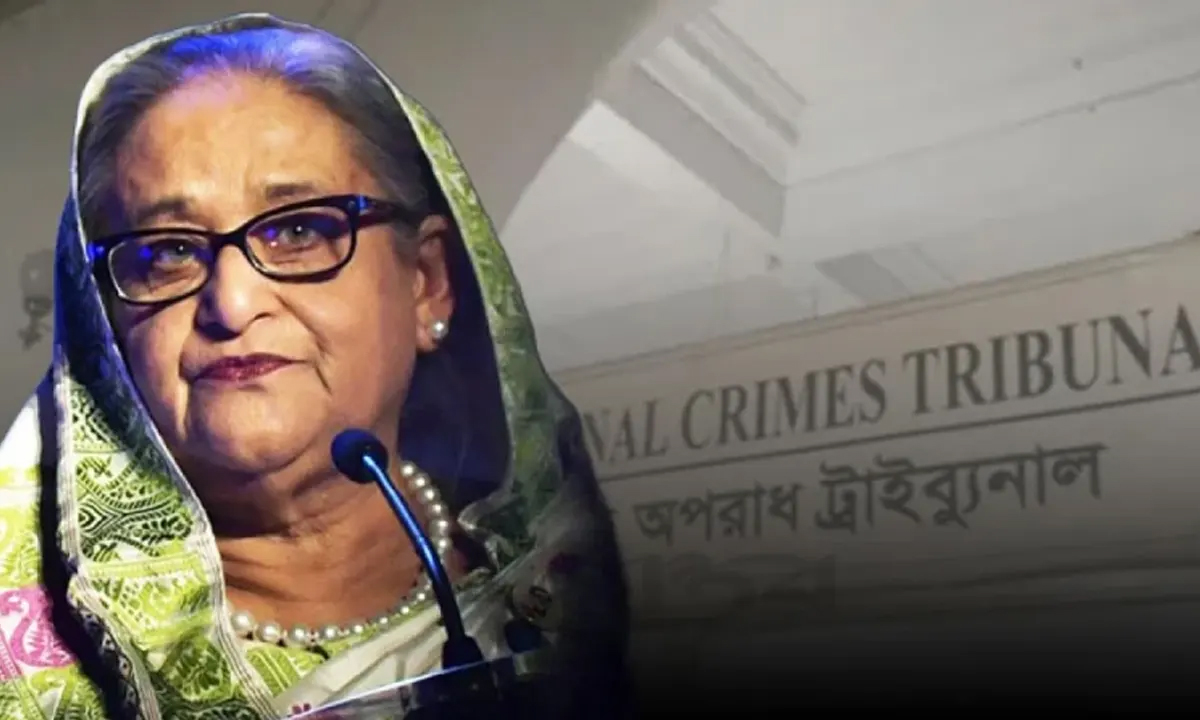
The verdict in the case of ousted former Prime Minister Sheikh Hasina, who is accused of crimes against humanity, will be announced tomorrow. The relatives of those who lost their lives in the July-August crackdown, the injured, and ordinary people who participated in the mass uprising - all eyes are now on this verdict. After more than a year of investigation, testimony, and legal battles, all that is left now is the final decision of the International Crimes Tribunal.
According to the United Nations, at least 1,400 innocent people have lost their lives in the repression of the July coup. After waiting for more than a year for the trial of the murderers, the families of the martyrs, the injured, and the general public of this country who participated in the mass uprising are about to receive a verdict.
On paper, the trial of Sheikh Hasina for crimes against humanity began in October last year, after the International Crimes Tribunal was reconstituted. It took at least six months for the investigation agency to submit a preliminary report on what happened. The formal charges for the July-August massacre were presented to this court in June this year. And the formal trial began in July with the formation of the charges. It was then that former police chief Chowdhury Abdullah Al Mamun, an accused in the genocide case, became a royal witness, in the court's language an "approver".
International Crimes Tribunal Prosecutor Gazi Tamim said, "We have collected bullets, pellets from the bodies of the injured and deceased from the hospital, as well as their medical and death certificates, and submitted them to the tribunal. Not only that, we have also submitted the flight schedule of the helicopter that was used in July."
In broad strokes, the prosecution team of the International Crimes Tribunal is fighting to prove 5 specific allegations based on the statements and evidence of 54 witnesses in this case. At the beginning of this is the issue of Sheikh Hasina addressing students as children and grandchildren of Razakars on July 14. The prosecution has tried to portray this statement as an incitement to genocide.
Other allegations of ordering, planning, and organizing genocide include the killing of Abu Sayeed in Rangpur, the killing of 6 people in Chankharpul on August 5, the shooting and burning of bodies in Ashulia, and the shooting from helicopters and the use of deadly weapons against students and the public.
The prosecution believes they have been able to irrefutably prove the guilt of the other defendants, including the fallen dictator.
Prosecutor Gazi Tamim said, "This is such a crime, this is the crime of the crimes. Where 1,400 people were killed and 25,000 people were brutally injured in 20 days of the mother. They were mutilated, crippled, and their eyes were destroyed. If the punishment is not the death penalty, then the victims will not get justice."
The question is, what is the future of this trial when 2 of the 3 defendants in the case are absconding?
Gazi Tamim said, "This is the diplomatic responsibility of the state. Our responsibility is to complete the trial within the law. We have completed it. Regarding the application of punishment, this law clearly states that the government will execute the punishment. How the government will do it is up to the government."
The prosecution team of the International Crimes Tribunal claims that this trial has been so transparent that it will be accepted nationally and internationally without question. Many exceptions have been seen in this case of crimes against humanity in July-August, including live broadcast of the trial from the courtroom. But with neighboring India sheltering the accused former prime minister and the Awami League reacting to the banned activities, many are also watching what reaction will come if the verdict in the case of crimes against humanity is announced, and how the government will handle it.
